In my Freshman year of high school, my Grandpa sent me a collection of photos from my fourth birthday through a photo sharing platform called Flickr. A wave of nostalgia washed over me as I sorted through the pictures of four-year-old me in rain boots and a princess dress, my childhood friends, and my living room more than a decade ago. I felt drawn to the idea of so many old photos waiting to be rediscovered. I continued to dig deeper, coming across more of my family members’ accounts. I discovered my childhood memories scattered across different people’s perspectives: my father’s in blurry, black-and-white film, and my mother’s captured in brightly colored film. Each photo radiated the same childhood nostalgia regardless of who was behind the camera. Flickr is a time capsule filled with forgotten snapshots of childhood, early internet culture, and the unfiltered human experience.
Flickr was first launched in 2004 as a site intended for professional photographers. However, it ultimately became a platform for amateur photographers: mothers sharing pictures of their children, awkward preteens, and early bloggers all called Flickr home. Yahoo acquired Flickr in 2005, but did not further develop it as a website. This meant that it kept its authenticity as a photo-sharing platform, despite similar apps beginning to rely on algorithms. As a result, many people flocked from Flickr to apps like Instagram to share their photos in a more socially driven way, and Flickr lost a large amount of its users. In recent years, Flickr has continued to be a place where some users post images, but is less widely used compared to its peak in the early 2000s. As a result, many profiles have been abandoned for nearly a decade, perfectly preserving an era of the internet that no longer exists.
After discovering my childhood photos on Flickr, I felt drawn to the idea of collecting the abandoned memories of strangers. I began to seek out old images as a way of longing for the past, but as I progressed, I realized the qualities in these photos I adored were universal no matter the decade. Through Flickr, I have discovered the power in the simplicity of a photo, allowing me to gain a new appreciation for the seemingly mundane in my own life.
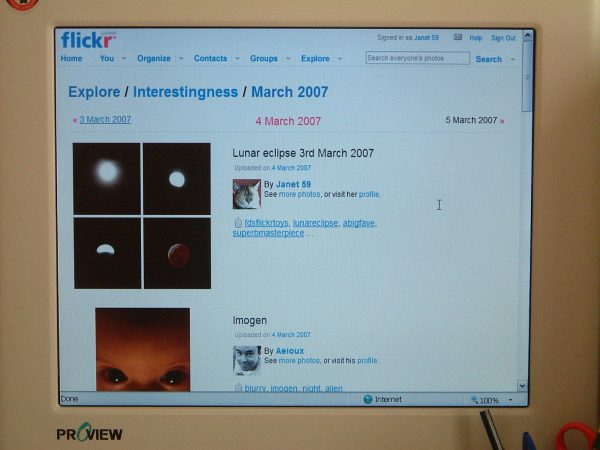
After looking through most of my childhood photos, I found photos of strangers. Some of my favorite kinds of pictures uploaded to Flickr are those of teenagers in the early 2000s: snapshots of friends gathered around a bonfire, someone blowing out a dandelion as the sun flares in the background, or a teen with a camcorder to their eye. All of these images show a clear view into what it is like to be a teenager, capturing the universal growing pains of late childhood felt by teens across many decades. These photos have been buried with time, hidden under millions of Flickr profiles and overlooked when they were first uploaded because they seemed so ordinary. As I discovered more and more of these images, I wondered where these people were now, and how time had aged them. At first, I felt frustrated that the closest I could get to this feeling was by watching others. However, I began to realize that these images I had romanticized were simply part of a person’s daily life. If these beautiful moments were ordinary for them, maybe I lacked the appreciation for the small details in my own life.
As I continued to discover old photos on Flickr, I realized that despite many of them being captured nearly 20 years ago, they felt like they could have been taken yesterday. More often than not, I felt like I was looking into one of my own forgotten memories, with friends who reminded me of my own and places that felt almost like home. I began to pay more attention to the daily routines of my own life that I had once deemed boring or mundane, like my walks home from school or the way sunlight gleamed into my room in the early morning. These moments in time would soon pass, but the feeling of them would linger. I realized that the indescribable feeling I was seeking across photos on Flickr had not gone away with time; I had simply lacked the perspective to notice these details in my own life.
photography has the unique ability to capture a moment in time forever. What may seem unremarkable in the moment becomes a dearly loved memory over time. I will likely feel nostalgic for my life right now, and what may seem boring and repetitive will soon become dearly missed. Because of this, my interpretation of old photos has changed — what once was a longing for the past has become an appreciation of the present.


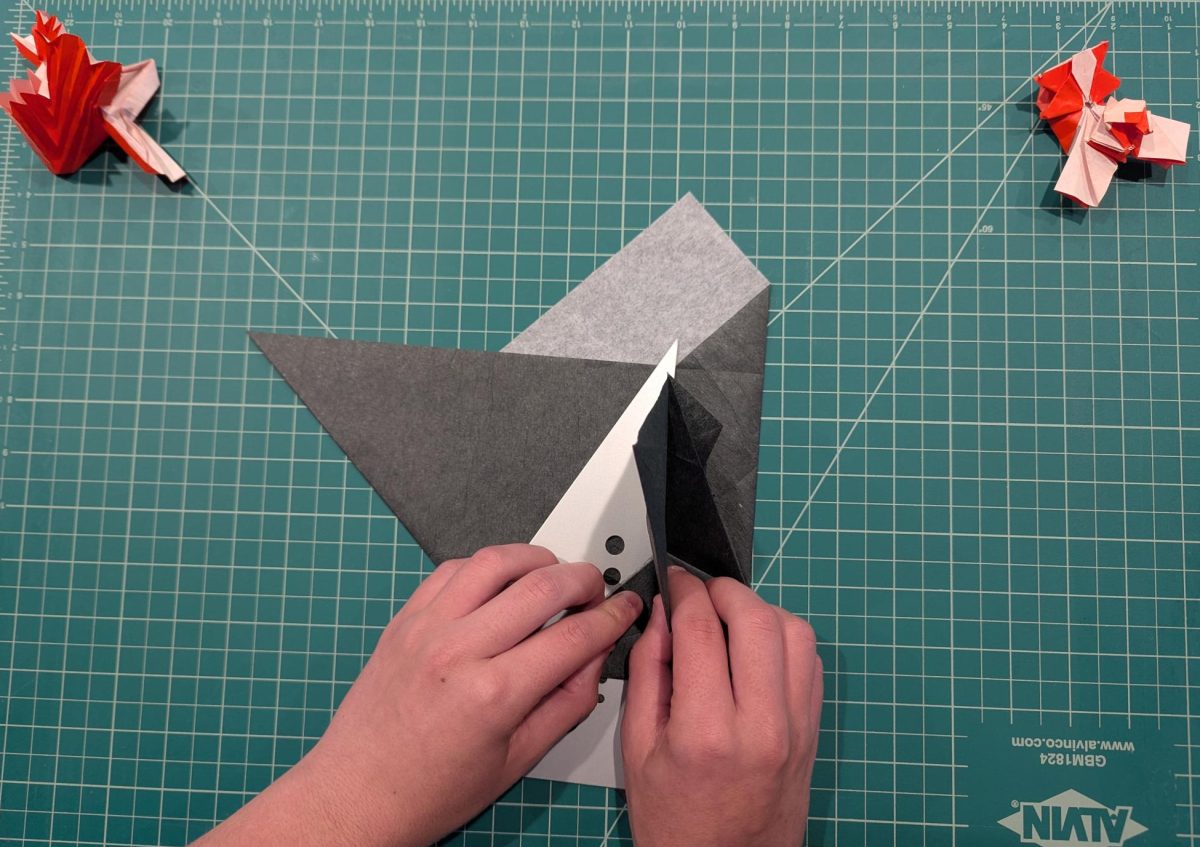
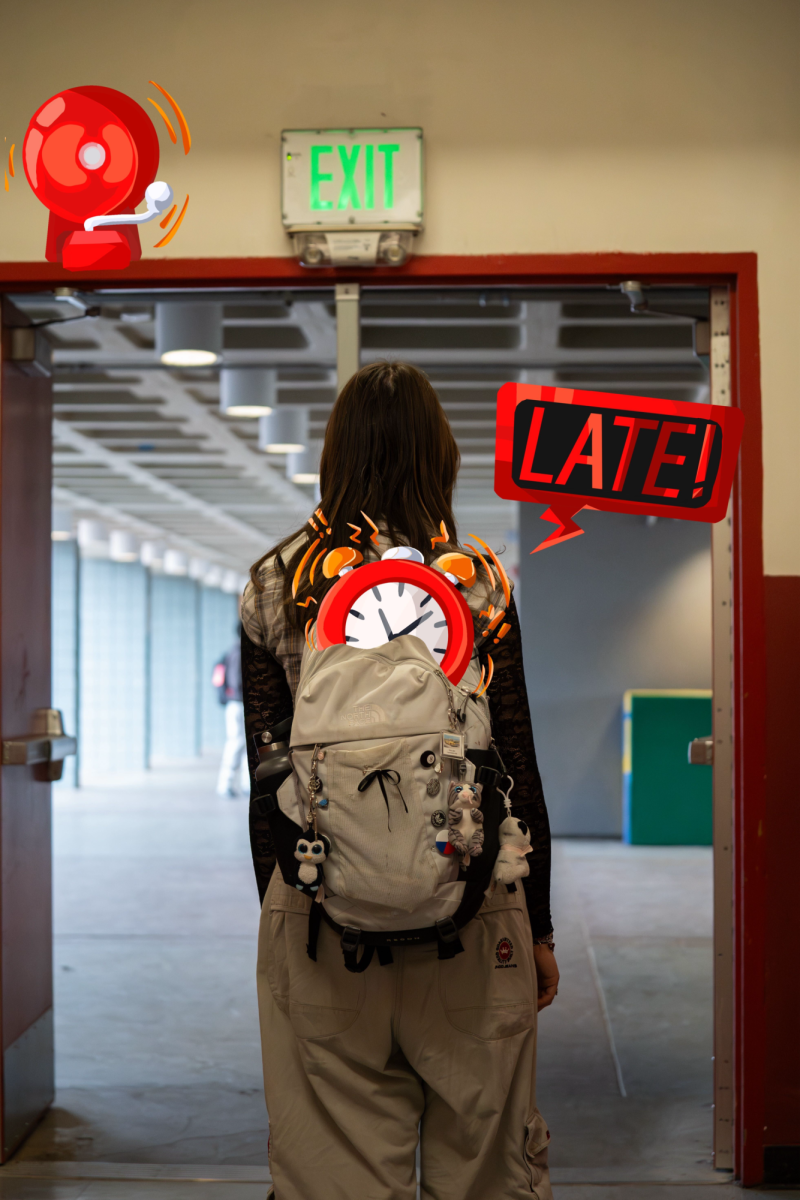
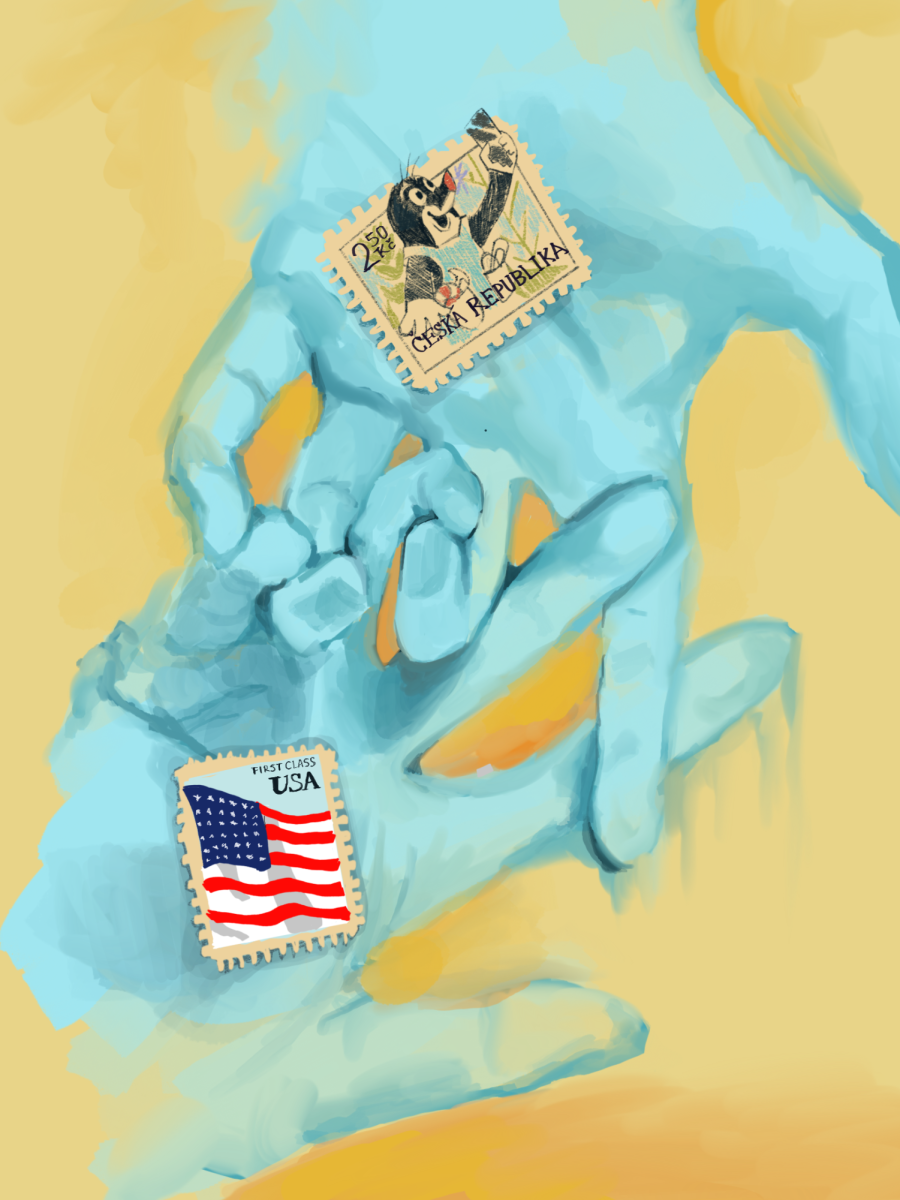
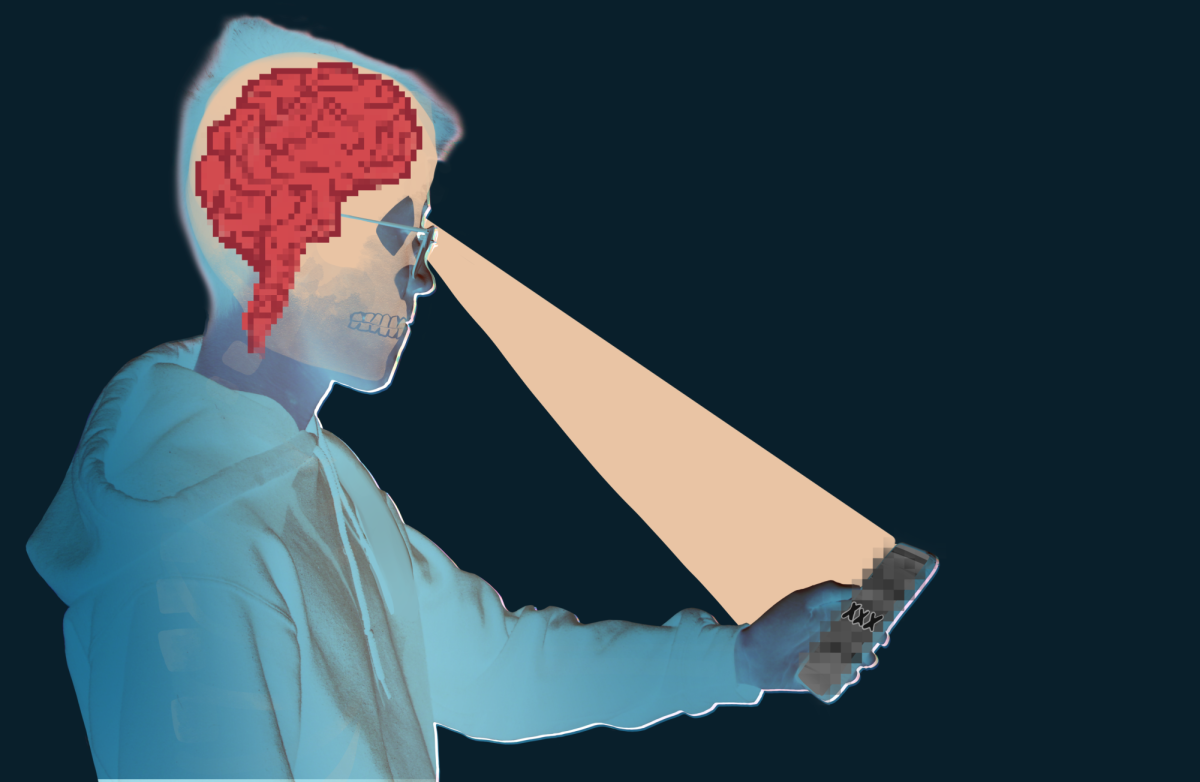
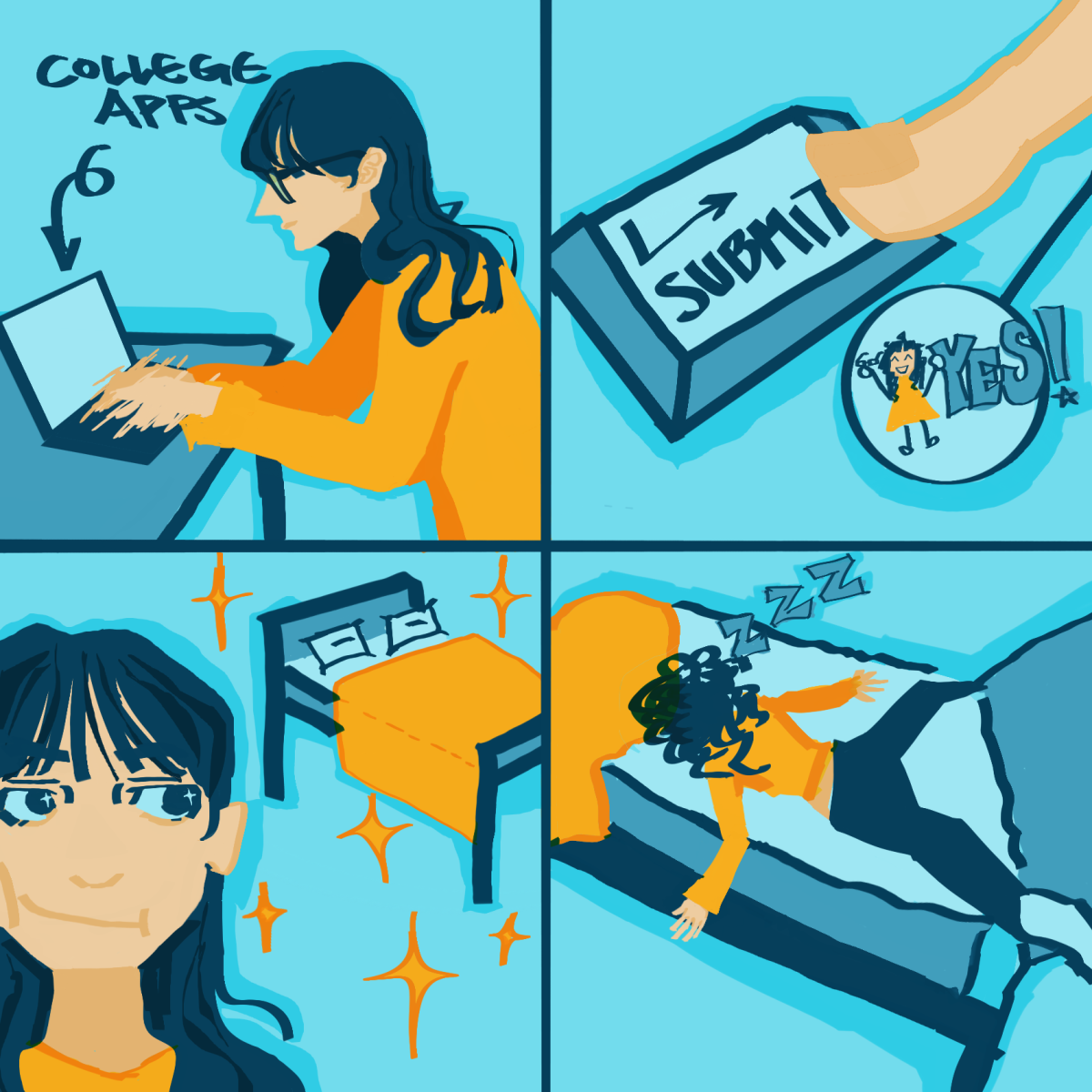
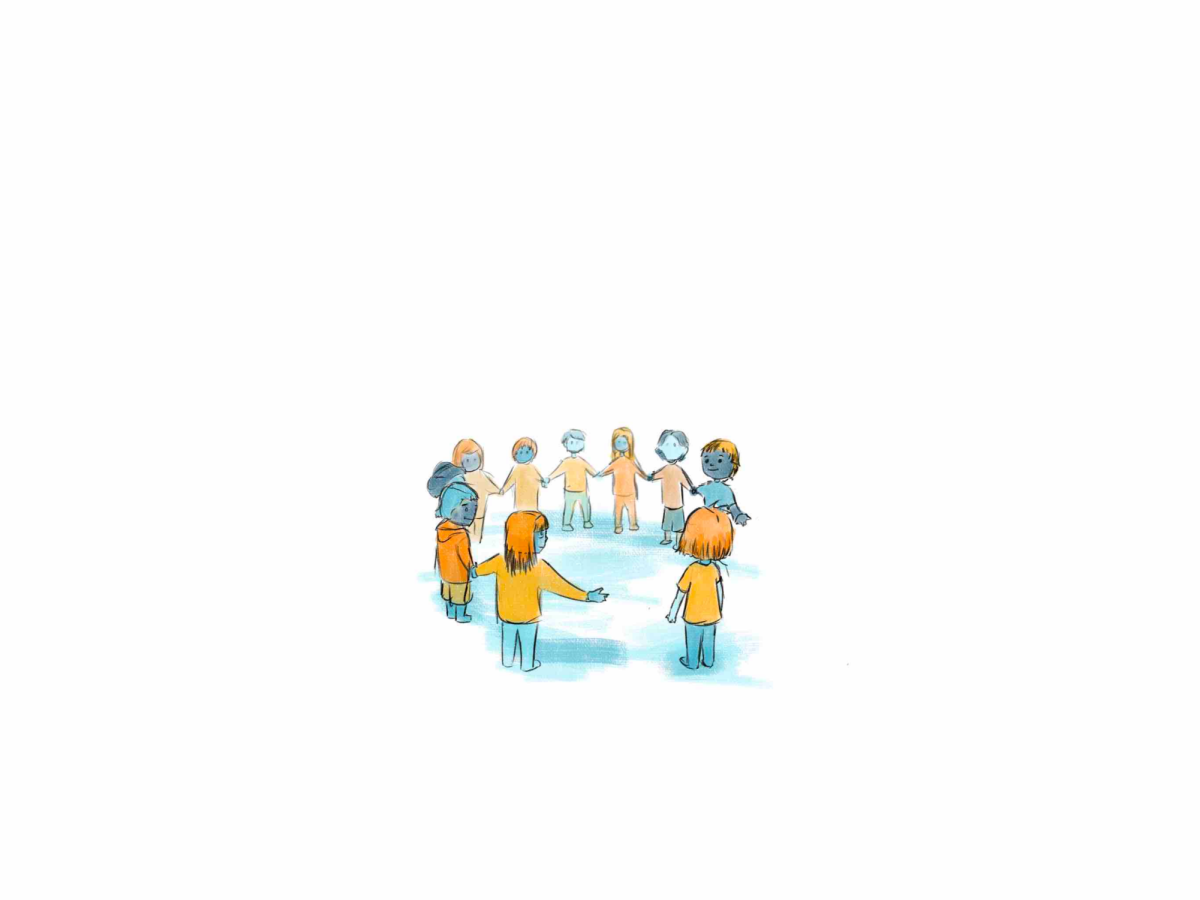
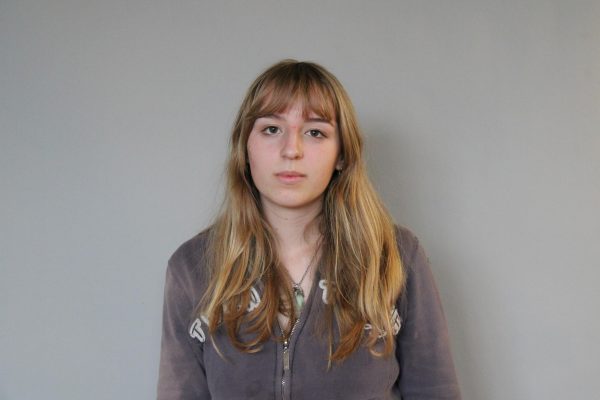
Gene Alan Dershewitz • Mar 27, 2025 at 11:45 am
Great article Uma! Glad you found inspiration in photos of the past. I think it runs in the family.
stella • Mar 26, 2025 at 1:36 pm
This is freaking awesome! Love Flickr, great job Uma